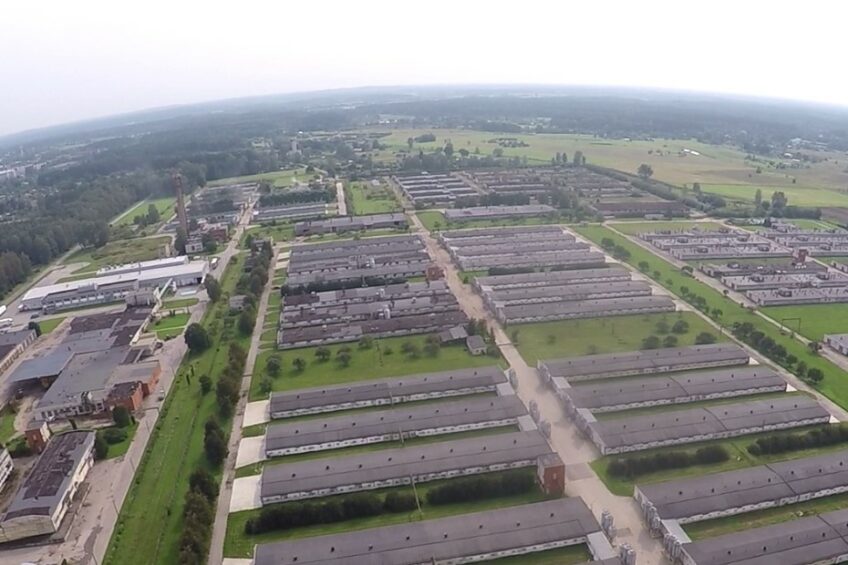Baltic’s largest poultry group Kekava invests in biomethane gas

Latvian poultry processor Putnu Fabrika Kekava unveiled plans to invest between €12 and €14 million in the construction of a biomethane gas plant to lower operational costs and make the business profitable again, Andrius Pranckevičs, chairman of the board of Kekava said.
In the 2021/2022 financial year, Kekava generated a net loss of €2.5 million, stemming from skyrocketing operational costs. Pranckevičs said that the Baltic poultry industry has been in crisis ever since the beginning of Covid-19. He added, however, that the pandemic triggered a sales crisis, as closed hotels and restaurants drove down poultry consumption. Last year, the Baltic region, like the rest of Europe, experienced a cost crisis that was much worse.
Kekava suffered 2-3 times bigger losses due to a surge in operational costs last year than during the initial period of the Covid-19 pandemic, Pranckevičs estimated.
Mitigating costs
The biomethane gas plant is intended to complement the efforts aimed at reducing the company’s reliance on natural gas. Kekava has already selected its location and has reached an agreement with the local authorities to begin construction.
Pranckevičs said he hoped that the results of the 2022/2023 financial year to be better compared with the previous year. He stated that the efforts aimed at mitigating costs have already started to pay off, and the company expects this fact to be reflected in the full-year financial performance.
Sales crisis returns
On the other hand, there are signs that the sales crisis will return on the back of rising inflation. According to Pranckevičs, Baltic countries struggle with nearly 20% inflation, which is noticeably higher than in other parts of Europe.
“People have less money to cover their expenditures, including food. During the last 6 months, we have seen and heard from our partner supermarkets all over Europe that people are starting to gradually cut their budgets on food and switch from more expensive products, including meat, to cheaper alternatives, like cereal products, pasta, porridges,” Pranckevičs said.
Changes in consumer behaviour
In the Baltic countries, so far, no tangible drop in poultry consumption has been seen, but the company expects that this might happen. Pranckevičs added that citizens increasingly buy promotional items and wait for discounts.
A part of the problem, he added, is that in the past, poultry used to be the cheapest source of animal protein, and the gap with pork was vast. However, problems with European pork exports have lowered pork prices, so this gap significantly narrowed, which means pork is increasingly competing with poultry in terms of price.
Join 31,000+ subscribers
Subscribe to our newsletter to stay updated about all the need-to-know content in the poultry sector, three times a week. Beheer
Beheer











 WP Admin
WP Admin  Bewerk bericht
Bewerk bericht